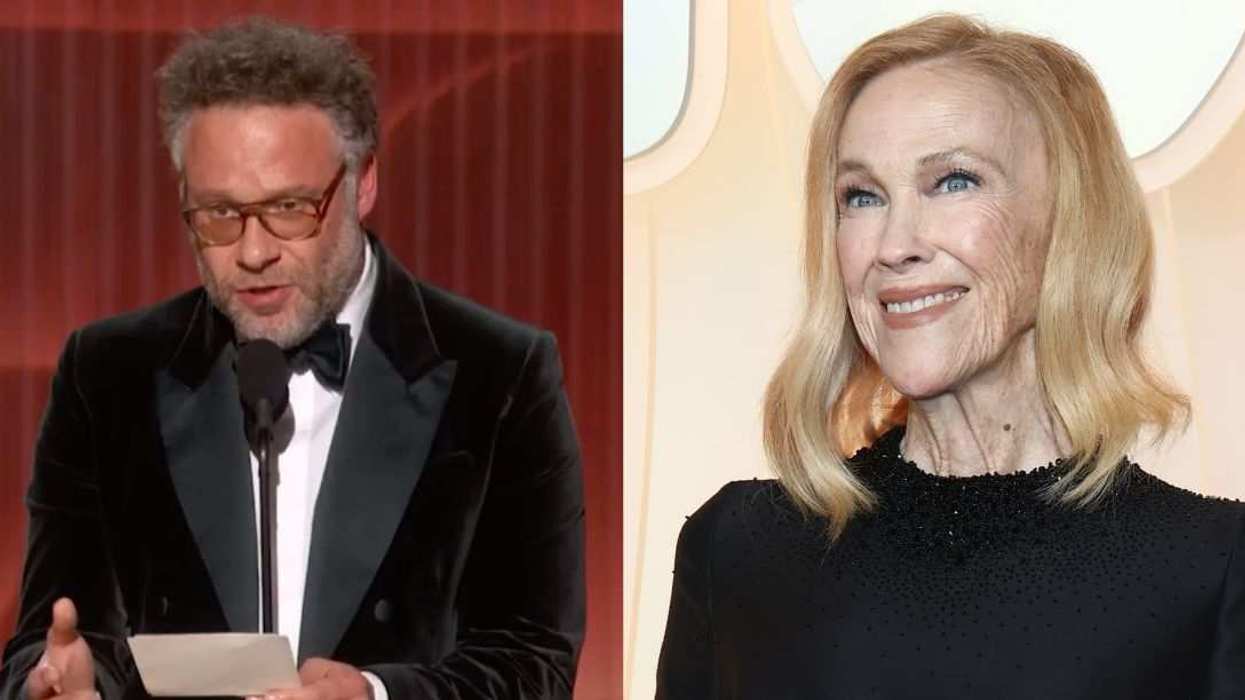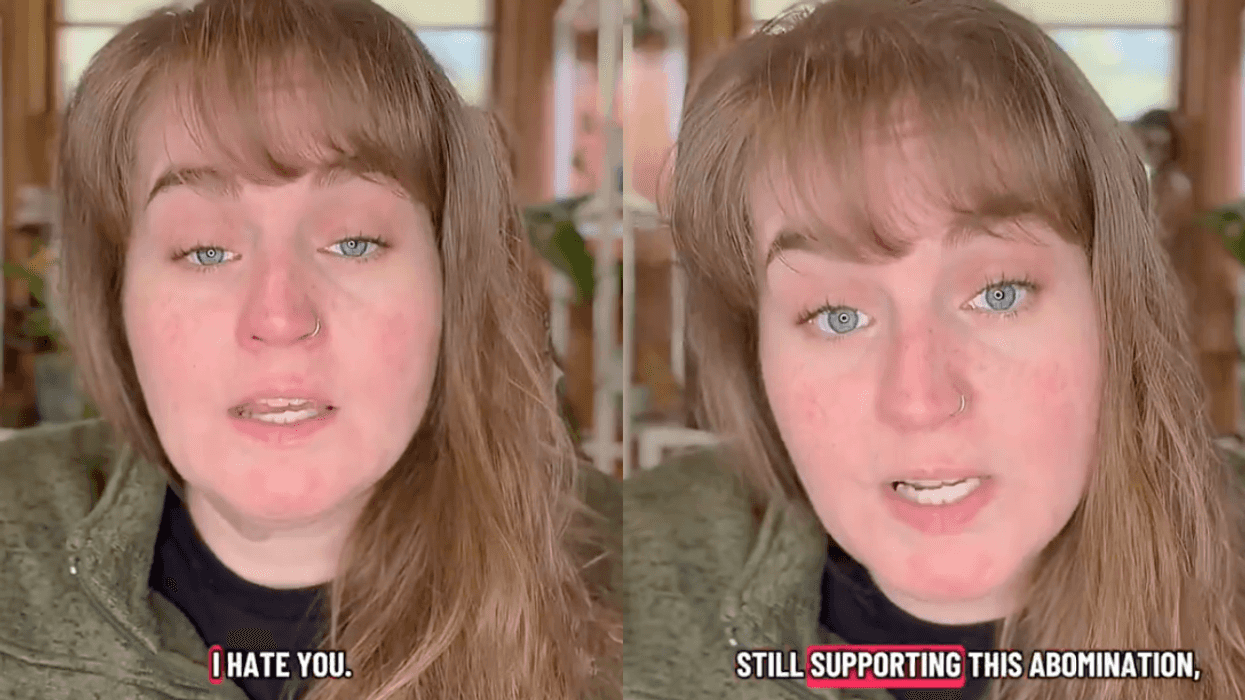You’re on a date. Things are starting to heat up. You turn to your partner and whisper suggestively, “Would you just swipe on this app here so I can get your legal consent to this sexual encounter?”
That’s what Dutch company LegalThlings is envisioning with their new app, LegalFling, which they hope to release next month. “Asking someone to sign a contract before having sex is a little uncomfortable,” said LegalThings CEO Rick Schmitz. “With LegalFling, a simple swipe to consent is enough to legally justify the fling.”
The company envisions a world where rape is a thing of a past thanks to a handy app. You send your date a consent request though the app or another messaging system. It sends your personal sexual preferences to them. Then you wait for them to swipe “okay” to consent.
And LegalFling is not the first such app. Others, such as SaSie and We-Consent, also attempt to prove consent via technology.
Of course, there are a number of problems with this. First, there’s pretty much no way to insert a request to sign a binding contract for sexual services without breaking the mood, making it unlikely that it will get used at all.
And that’s if the contract is binding at all. Arnold Daniels, one of LegalFling’s co-founders, stated the contract may not actually be binding. “To be honest, we aren’t 100 percent sure if we can make it legally binding in the US and the UK and other countries which have common law,” he said.
And it shouldn’t be, for the simple reason that consent is not a one-time thing. This is the main problem with this app and others like it. People can change their minds. They can change their minds after saying yes. They can change their minds during sex. They can change their minds at absolutely any point. And when that happens, the sex is over. Period.
Jaclyn Friedman, editor of Yes Means Yes! Visions of Female Sexual Power & A World Without Rape, explained. “I’m all for fostering dialogue about consent – it’s a big part of my job – but these apps are fostering a wrong and dangerous conversation, one that posits consent as an irrevocable once given, and applying to any and all sex acts someone might want to force on you, once you’ve consented to ‘sex’ as a concept. Pushing that idea is more dangerous than not talking about consent at all.”
While the LegalFling (mostly male) team addresses the issue of withdrawing consent, the attempt is insufficient. In its Frequently Asked Questions on its website, the company says “’No’ means ‘no’ at any time. Being passed out means ‘no’ at any time.” (Although realistically there would be nothing to stop a rapist from unlocking the phone with the thumbprint of a passed-out victim and indicating consent on the victim’s behalf.)
What’s more, the FAQ’s state, “you can withdraw consent going forward through the LegalFling app with a single tap.” Because the only thing less awkward than signing a contract before engaging in sex is to stop in the middle in order to withdraw that consent via your iPhone. It just is not a realistic view of the world, especially one in which people often feel uncomfortable voicing their discomfort in a sexual situation. (The recent case of Aziz Ansari illustrates this point perfectly.)
Consent does not have to be unsexy. It can be, and should be, an important and intimate part of any sexual encounter—not a one-time thing, but an ongoing conversation. As Friedman says, consent is “not legalistic. It’s actually just about treating your partner as an equal human being.”
The problem with these apps is that they miss that, focusing instead on consent to avoid rape charges. “People think about consent in terms of ‘I need to cover my ass so no one can accuse me of rape.’ And honestly, when you’re approaching consent from that angle, that’s a really rapey angle. . . it’s about covering your butt instead of actually showing up for your partner,” said Friedman.
The #MeToo and #TimesUp movements have illuminated some of the ongoing issues surrounding consent, sexual harassment, sexual assault and predation. Solutions are needed. Education is needed. Consent apps don’t address those needs.















